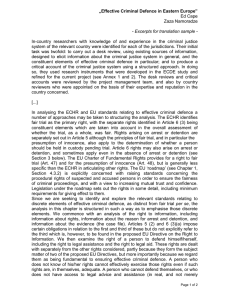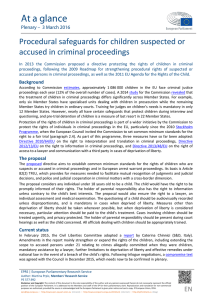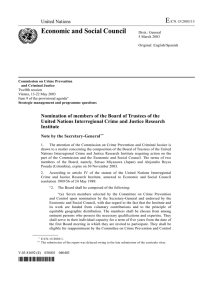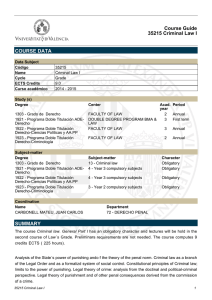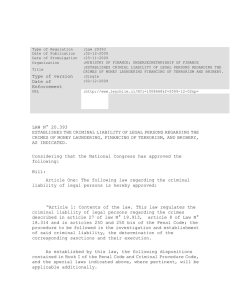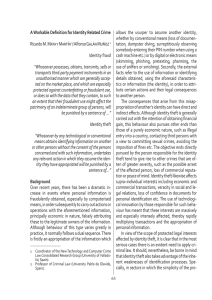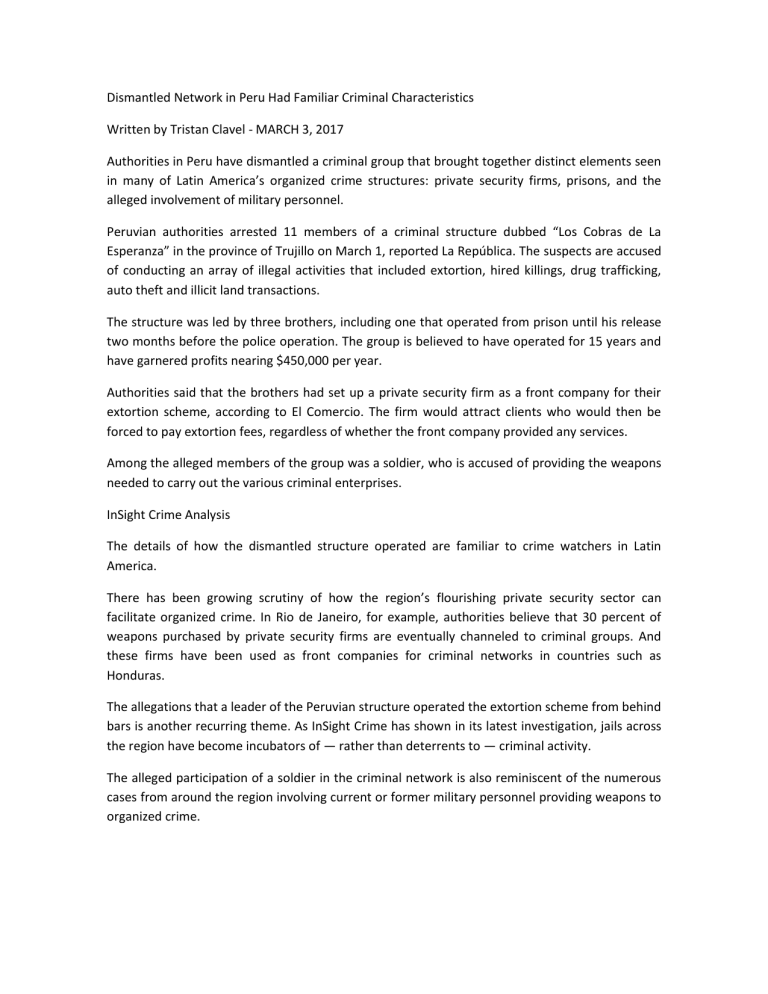
Dismantled Network in Peru Had Familiar Criminal Characteristics Written by Tristan Clavel - MARCH 3, 2017 Authorities in Peru have dismantled a criminal group that brought together distinct elements seen in many of Latin America’s organized crime structures: private security firms, prisons, and the alleged involvement of military personnel. Peruvian authorities arrested 11 members of a criminal structure dubbed “Los Cobras de La Esperanza” in the province of Trujillo on March 1, reported La República. The suspects are accused of conducting an array of illegal activities that included extortion, hired killings, drug trafficking, auto theft and illicit land transactions. The structure was led by three brothers, including one that operated from prison until his release two months before the police operation. The group is believed to have operated for 15 years and have garnered profits nearing $450,000 per year. Authorities said that the brothers had set up a private security firm as a front company for their extortion scheme, according to El Comercio. The firm would attract clients who would then be forced to pay extortion fees, regardless of whether the front company provided any services. Among the alleged members of the group was a soldier, who is accused of providing the weapons needed to carry out the various criminal enterprises. InSight Crime Analysis The details of how the dismantled structure operated are familiar to crime watchers in Latin America. There has been growing scrutiny of how the region’s flourishing private security sector can facilitate organized crime. In Rio de Janeiro, for example, authorities believe that 30 percent of weapons purchased by private security firms are eventually channeled to criminal groups. And these firms have been used as front companies for criminal networks in countries such as Honduras. The allegations that a leader of the Peruvian structure operated the extortion scheme from behind bars is another recurring theme. As InSight Crime has shown in its latest investigation, jails across the region have become incubators of — rather than deterrents to — criminal activity. The alleged participation of a soldier in the criminal network is also reminiscent of the numerous cases from around the region involving current or former military personnel providing weapons to organized crime.



